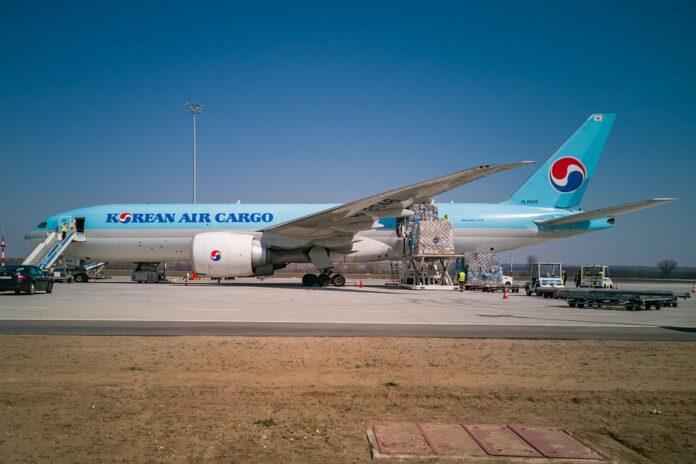Introduction
Customs clearance for beverages in air logistics is a crucial process that can impact the efficiency and cost-effectiveness of transporting goods. Expedited customs clearance can significantly reduce delays and ensure that beverages reach their destination in a timely manner. In this report, we will explore how customs clearance is expedited for beverages in air logistics, focusing on industry insights, financial data, and actual companies involved in the process.
Industry Overview
The global beverage industry is a multi-billion-dollar market that continues to grow year over year. With the increasing demand for beverages worldwide, the need for efficient logistics solutions has become paramount. Air transportation is often the preferred mode of transport for perishable goods like beverages due to its speed and reliability.
Key Players in the Beverage Logistics Industry
Some of the key players in the beverage logistics industry include DHL, Kuehne + Nagel, DB Schenker, and Expeditors. These companies specialize in providing end-to-end logistics solutions for beverages, including customs clearance services.
Trends and Challenges in Beverage Logistics
One of the main challenges in beverage logistics is ensuring that products are delivered to their destination on time and in good condition. Customs clearance plays a crucial role in this process, as delays can result in spoilage and financial losses for companies. To address this challenge, many companies are investing in technology and automation to expedite customs clearance processes.
Customs Clearance Process for Beverages
The customs clearance process for beverages in air logistics involves several steps, including document preparation, inspection, and payment of duties and taxes. Expedited customs clearance can be achieved through various methods, such as utilizing pre-clearance programs, electronic documentation, and working with experienced customs brokers.
Pre-Clearance Programs
Pre-clearance programs, such as the Customs-Trade Partnership Against Terrorism (C-TPAT) and the Authorized Economic Operator (AEO) program, allow companies to undergo advanced security checks and expedite the customs clearance process. By participating in these programs, companies can benefit from faster processing times and reduced inspections.
Electronic Documentation
Electronic documentation, such as the use of electronic air waybills (e-AWB) and electronic invoices, can streamline the customs clearance process for beverages. By digitizing documents, companies can reduce the risk of errors and speed up the processing of goods through customs.
Experienced Customs Brokers
Working with experienced customs brokers who have knowledge of the beverage industry and strong relationships with customs officials can also expedite the customs clearance process. These brokers can help navigate complex regulations and ensure that goods are cleared quickly and efficiently.
Financial Data and Cost Considerations
The cost of customs clearance for beverages in air logistics can vary depending on factors such as the volume of goods, the complexity of the shipment, and the country of import. According to industry data, the average cost of customs clearance for beverages ranges from $500 to $2,000 per shipment.
Cost-Saving Strategies
To reduce costs associated with customs clearance, companies can implement cost-saving strategies such as consolidating shipments, optimizing packaging, and leveraging free trade agreements. By minimizing unnecessary expenses and maximizing efficiency, companies can achieve significant cost savings in their logistics operations.
Conclusion
In conclusion, expedited customs clearance for beverages in air logistics is essential for ensuring timely delivery and minimizing costs. By leveraging pre-clearance programs, electronic documentation, and experienced customs brokers, companies can streamline the customs clearance process and improve overall efficiency. With the right strategies in place, companies can successfully navigate the complexities of customs clearance and deliver high-quality beverages to consumers around the world.




